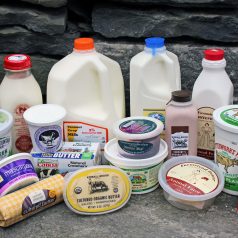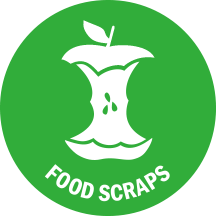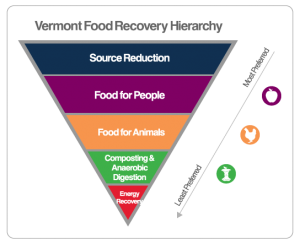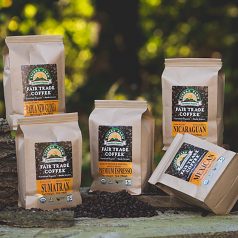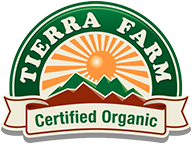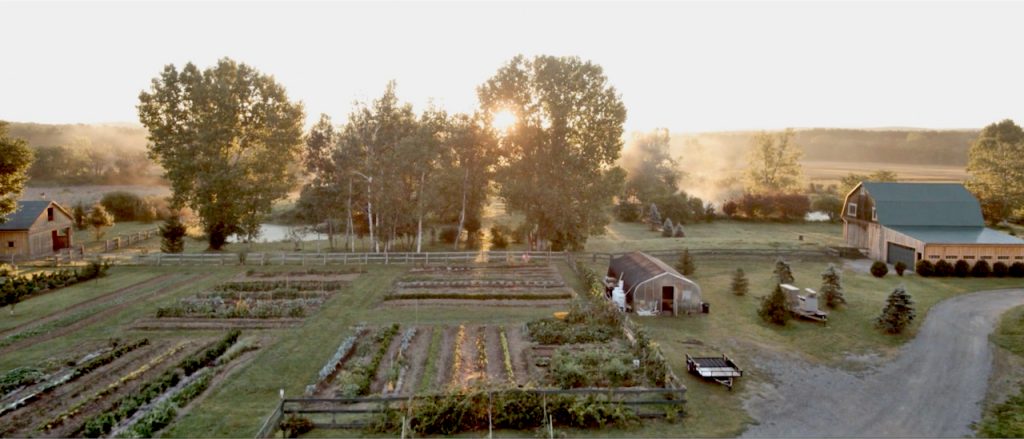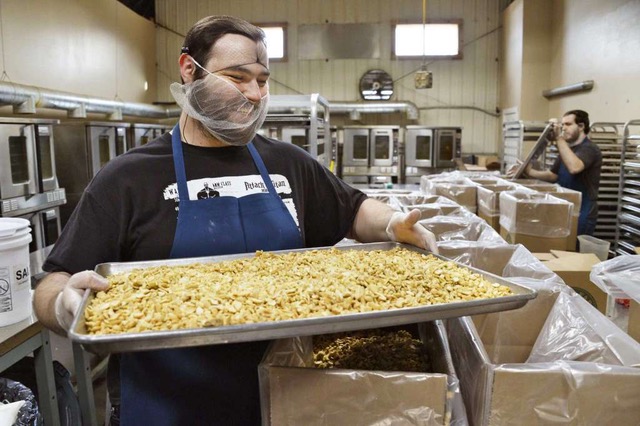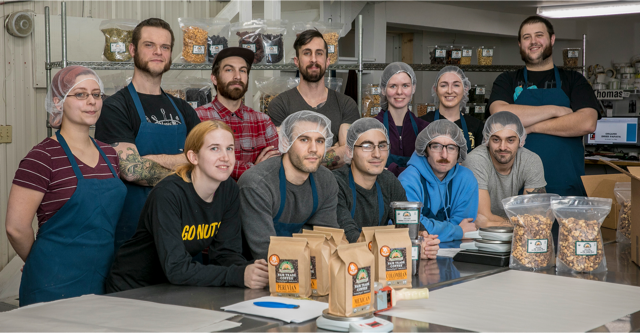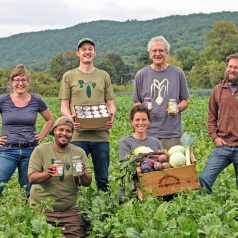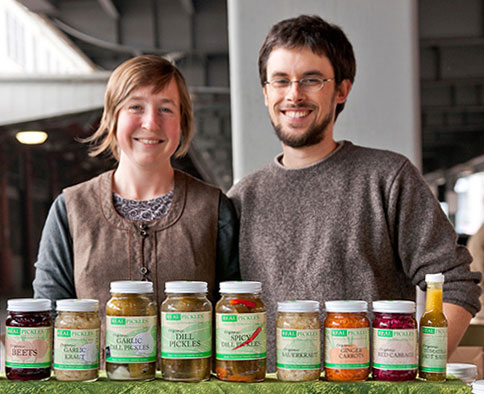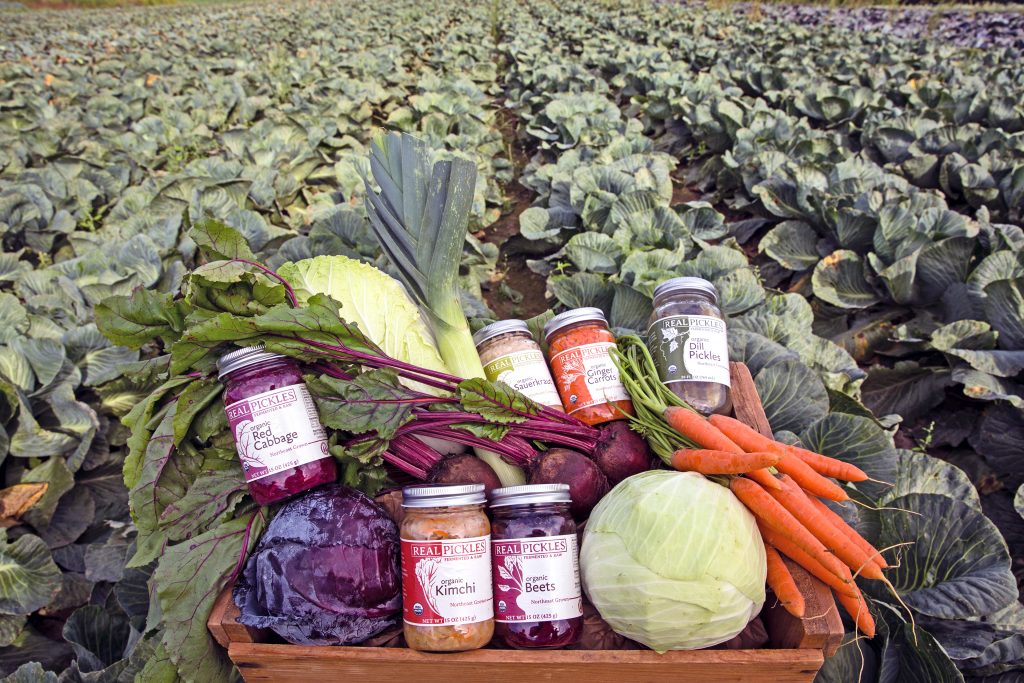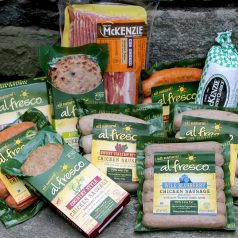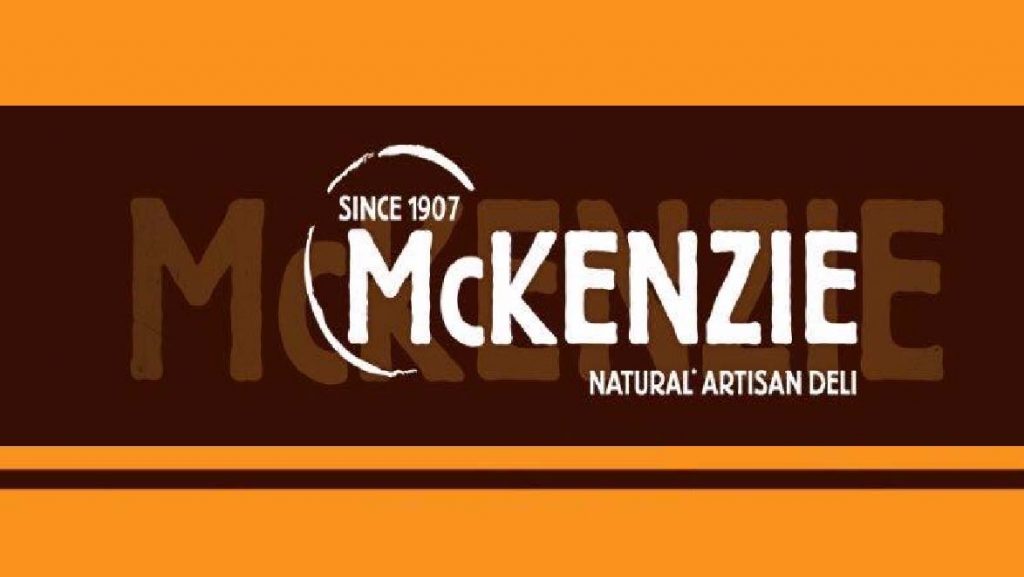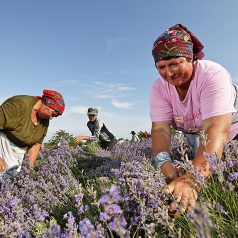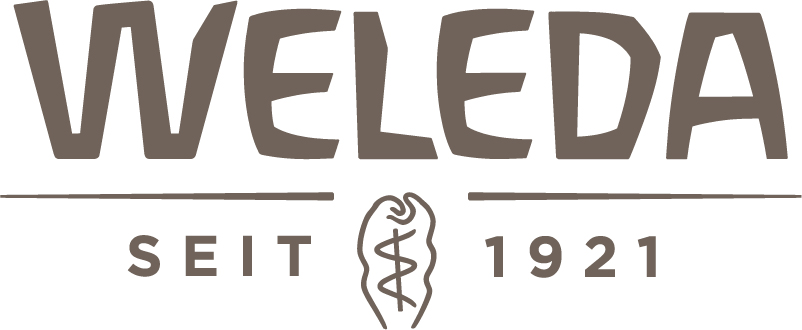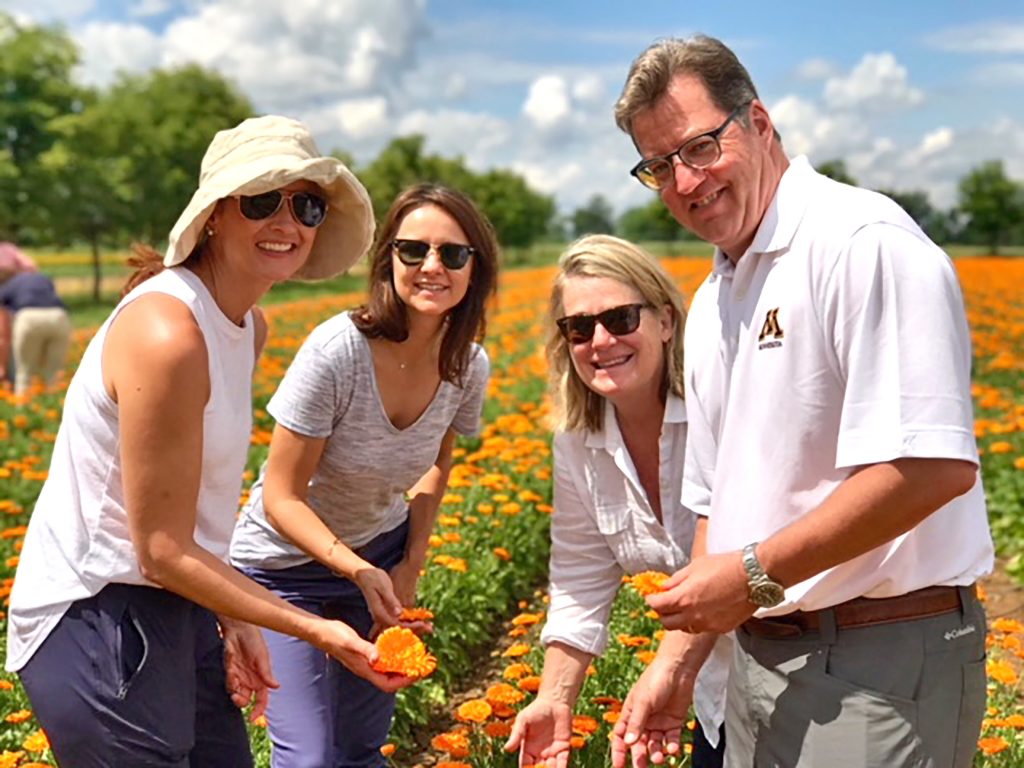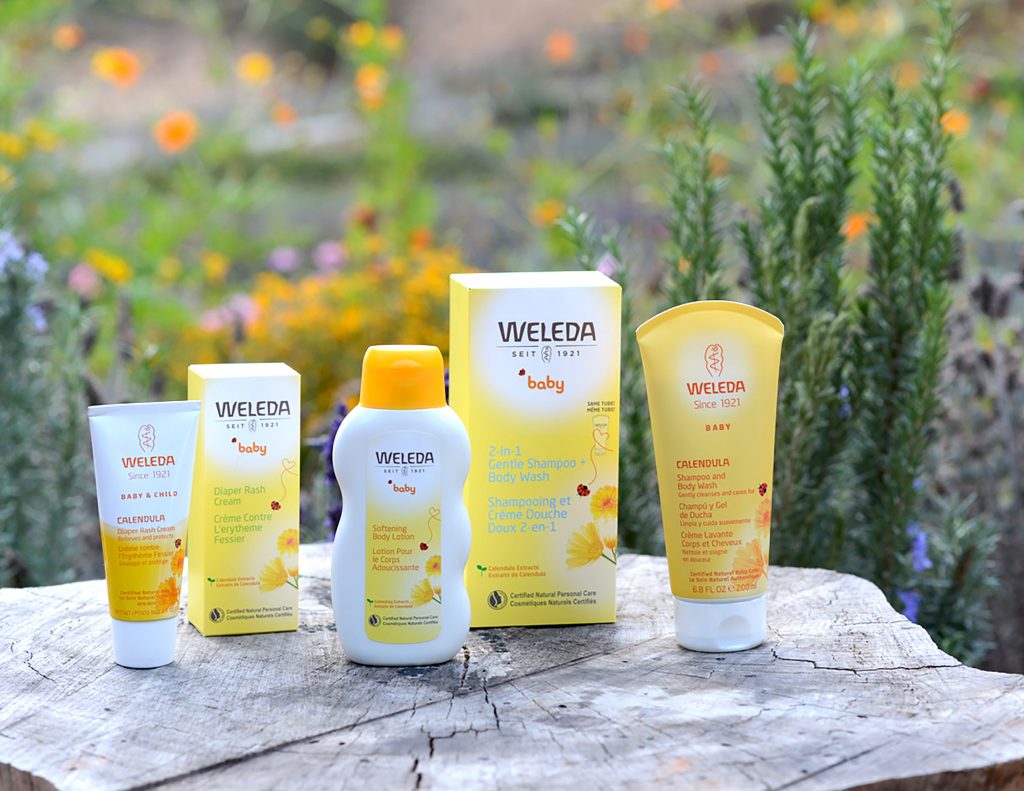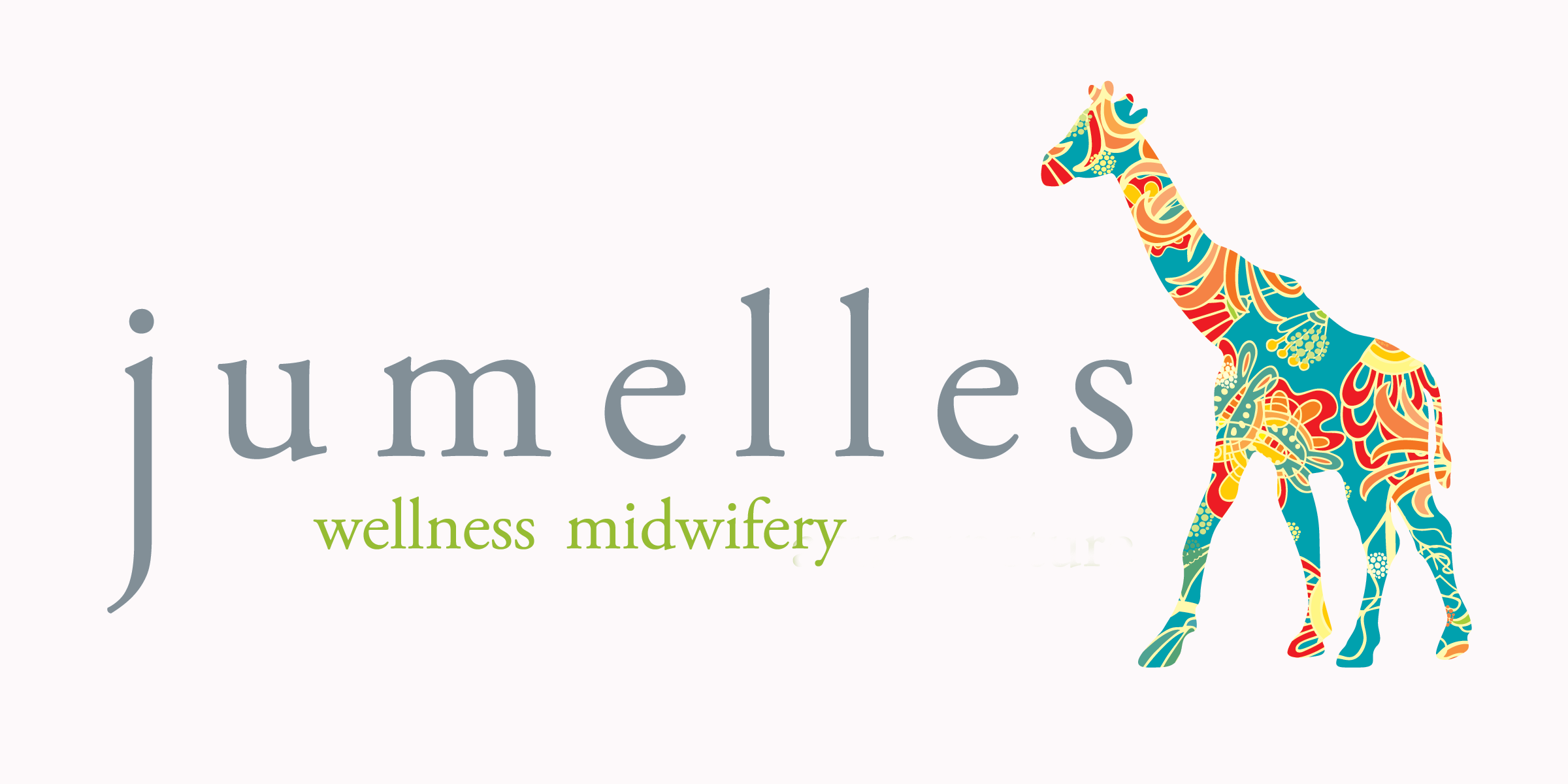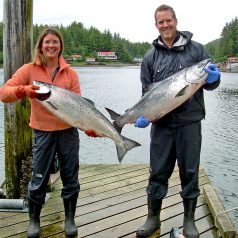
Spotlight on Henry & Lisa’s Seafood
Henry & Lisa’s Natural Seafood, based in Seattle, Washington is featured in our Member Deals Spotlight from May 31st – June 6th. During this feature, member-owners can enjoy 20% off their full line of sustainable seafood products, so it’s a great time to stock up the freezer! Read on to learn more about the history and mission of this eco-friendly seafood business:
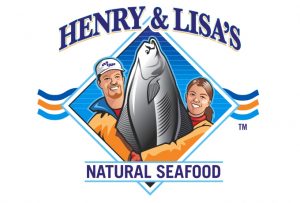
Their Story
Henry & Lisa Lovejoy launched their company in 1999 with the belief that there are many concerned people just like them who care about where their food comes from, care for the environment, and desire a source of all natural premium quality seafood from environmentally sustainable fisheries. Having spent 10 years in the seafood industry traveling the globe and visiting seafood exchanges from Tokyo to Paris, Beijing to Madrid, they witnessed the astounding volume of seafood being sold each day on these exchanges and noticed the size of many of the fish decreasing. Simultaneously, there was more and more news that numerous species were being fished to the point of commercial extinction. It became very evident that the world is harvesting our oceans faster than they can replenish themselves, and these resources need better management.
Henry & Lisa both have a deep respect for and great appreciation of the oceans. As a youngster, Henry was inspired by Jacques Cousteau, spent time volunteering at the New England Aquarium, and learned to scuba dive. Now as avid scuba divers and sea kayakers, whenever they have a chance, they are out exploring the ocean and feeling their love and respect for it grow.
Much has changed since Henry first sat down to write the EcoFish business plan. Today you can find their products in over 3,500 grocery/natural food stores and many restaurants nationwide. But, a lot has stayed the same. They continue to source the finest seafood available from both well-managed wild fisheries and state of the art eco-friendly aquaculture operations.
From how they purchase their seafood, to their 100% recycled packaging, to the renewable energy that powers their office, to the many marine & conservation causes they support, each purchase of Henry & Lisa’s Natural Seafood helps them further their mission.
Their Mission
- Provide only the most sustainable, highest quality, healthiest, all natural, most delicious seafood to customers.
- Help support sustainable fisheries (wild & aquaculture), and their fishing communities by featuring their sustainable seafood products and adding value to their catch.
- Help reverse the decline of marine biodiversity by encouraging a shift in consumer demand away from over-exploited fisheries.
- Offer a level of customer service unmatched in the seafood industry.
- Accentuate the positive — highlight fishery success stories by increasing demand for these products, creating an incentive for others to adopt sustainable fishing practices.
- Support marine conservation efforts through collaboration with conservation, research, and educational organizations worldwide.
- Raise consciousness of the threats to the world’s oceans by providing a credible source of environmentally responsible seafood to the rapidly growing consumer demographics seeking environmentally sustainable products.
- Set a good example for corporate America by striving for the “Triple Bottom Line” — operate a profitable business that’s also responsible to its community and the environment.
Click here to read more about the EcoFish Approved species offered in their product line and the way in which they are harvested.
Click here to read about the various conservation partners that Henry & Lisa work with to ensure their seafood is certified sustainable.

